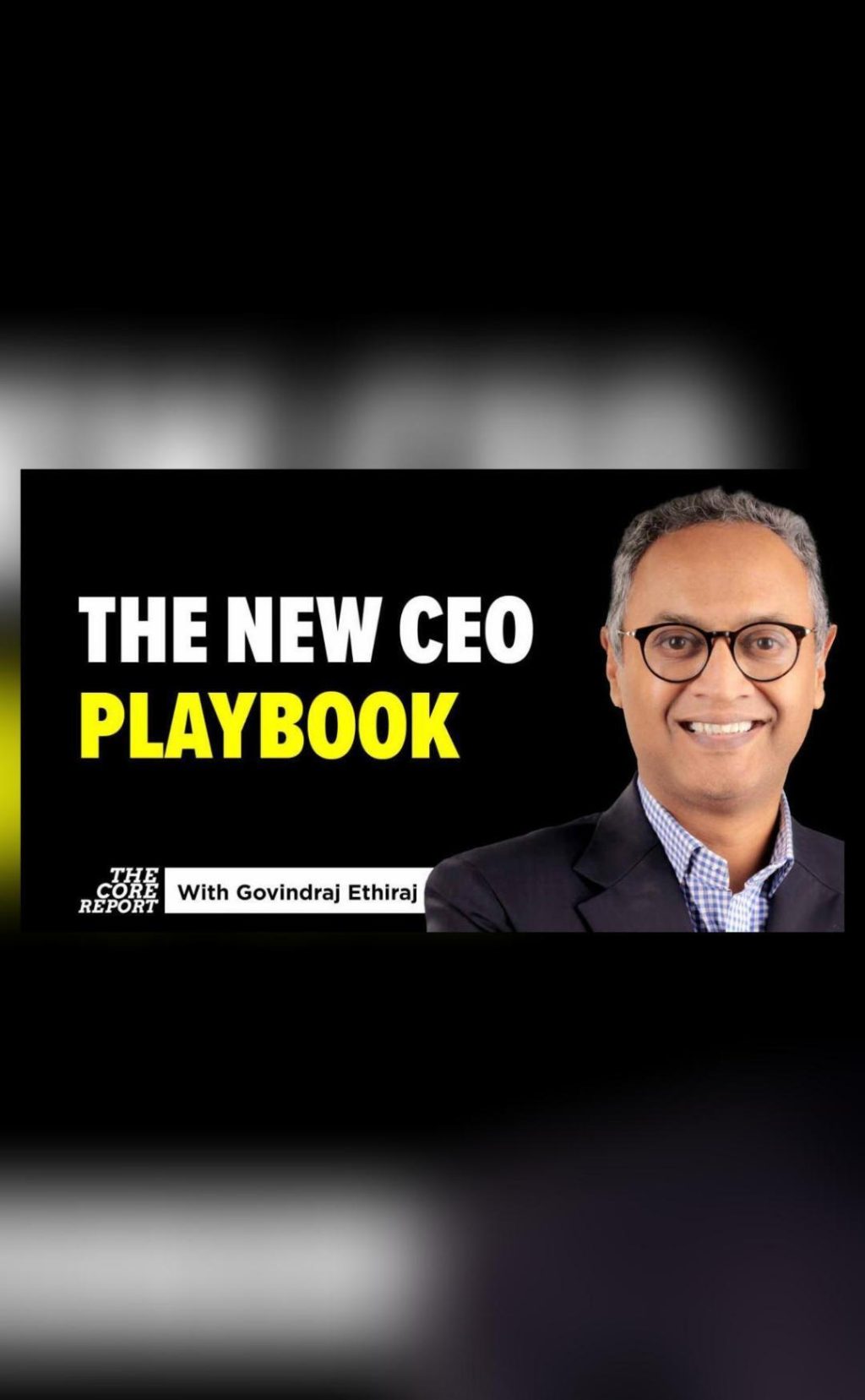
The New CEO Playbook: AI Pressures & Global Tariff Shocks
The role of a Chief Executive Officer (CEO) has never been more complex and challenging. As Artificial Intelligence (AI) continues to reshape industries and global tariff shocks disrupt trade, business leaders are facing unprecedented pressures to adapt and innovate. The stakes are high, with no guarantee of stability or long-term success. In this blog post, we’ll explore the key takeaways from the new CEO playbook, highlighting the internal and external pressures that are forcing companies to rethink their strategy and operations.
Internal Pressures: The Need to Automate and Innovate
One of the primary internal pressures facing CEOs today is the need to automate and innovate. As AI technology advances, companies are being pushed to adopt new tools and processes to remain competitive. This requires significant investments in research and development, as well as the training and upskilling of existing staff. According to a report by Deloitte, 80% of CEOs believe that AI has the potential to transform their industry, but only 12% have a clear plan in place to achieve this transformation.
The consequences of not embracing AI can be severe. Companies that fail to innovate and automate risk being left behind, struggling to compete with more agile and tech-savvy rivals. This is particularly true in industries such as finance, healthcare, and manufacturing, where automation and AI are already having a significant impact.
External Pressures: Global Tariff Shocks and Shifting Trade Policies
In addition to internal pressures, CEOs are also facing significant external challenges. The rise of protectionism and shifting trade policies is creating uncertainty and volatility in global markets. Tariffs and trade wars are disrupting supply chains, causing costs to rise, and making it difficult for companies to predict future demand.
The impact of global tariff shocks is far-reaching, affecting everything from raw materials and components to finished goods and services. According to a report by the World Bank, the global trade war could reduce global GDP by up to 5% by 2022.
Rethinking Strategy and Operations
In response to these internal and external pressures, CEOs are being forced to rethink their strategy and operations. This requires a fundamental shift in approach, as companies adapt to a rapidly changing business landscape.
One key response is to localise and diversify operations. This involves identifying new markets and supply chains, as well as investing in technologies that enable greater flexibility and resilience. According to a report by McKinsey, companies that have successfully localised and diversified their operations are better equipped to navigate the challenges of global tariff shocks and AI-driven disruption.
Another key response is to reconsider long-held business models. This involves questioning assumptions about how companies create value and generate revenue. According to a report by Accenture, 80% of CEOs believe that their business model will change significantly over the next three years, driven by the impact of AI, blockchain, and other emerging technologies.
The New CEO Playbook: Key Takeaways
So, what does the new CEO playbook look like? Based on the challenges and opportunities outlined above, here are some key takeaways:
- Embrace AI and automation: Invest in research and development, and upskill existing staff to remain competitive.
- Localise and diversify operations: Identify new markets and supply chains, and invest in technologies that enable greater flexibility and resilience.
- Reconsider long-held business models: Question assumptions about how companies create value and generate revenue.
- Stay agile and adaptable: Be prepared to pivot and adjust strategy in response to changing market conditions and technological disruption.
- Focus on customer experience: Prioritise customer needs and preferences, and invest in technologies that enable greater personalisation and engagement.
Conclusion
The role of a CEO has never been more challenging. As AI reshapes industries and global tariff shocks disrupt trade, business leaders must rethink their strategy and operations. With no guarantee of stability, companies are being pushed to localise, adapt, and reconsider long-held business models.
By embracing AI and automation, localising and diversifying operations, reconsidering long-held business models, staying agile and adaptable, and focusing on customer experience, CEOs can position their companies for long-term success in a rapidly changing business landscape.
Watch the video for more insights:






